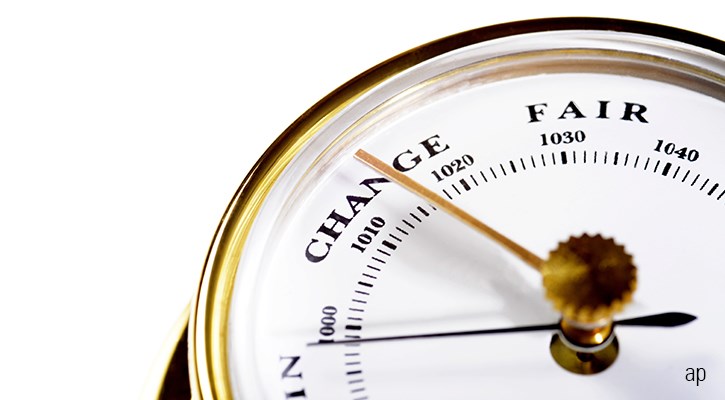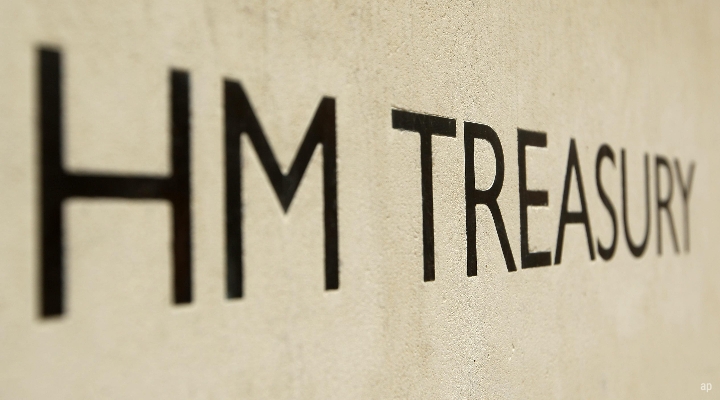
UK prime minister Boris Johnson confirmed on Thursday he will step aside as Conservative party leader, though will continue to serve in the role until his successor is in place.
Johnson said it was "clearly the will" of the Conservative party that there should be a new leader, "and therefore a new prime minister". The search should begin now, Johnson said, but he will continue to serve the country's interests in the interim.
Johnson said he had tried to persuade his Cabinet it would be "eccentric" to change prime minister now, but "I regret not to have been successful in those arguments"
His statement outside Number 10 shortly after midday on Thursday came after reports in the morning, with the news broken by the BBC, that he would be quitting as Tory leader after ministers and MPs made clear his position was untenable.
The prime minister has haemorrhaged support among his ministers and MPs over the past 48 hours following the Chris Pincher scandal.
Johnson faced accusations of a "cover up" over his appointment of Pincher, who resigned as deputy chief whip last week over allegations he drunkenly groped two men at a private members' club.
A mass resignation was triggered by Tuesday's departure from Cabinet of Rishi Sunak and Sajid Javid, as chancellor and health secretary, respectively.
The prime minister had sought to remain in office, but resignations continued into Thursday with chancellor Nadhim Zahawi – who was only appointed to the role on Tuesday – going public with a call for the prime minister to quit and Michelle Donelan, also only appointed on Tuesday night, resigning as education secretary.
From The Archive
- July 2019: Johnson Becomes PM
- 6 October 2021: Johnson Touts New Direction For UK Economy
- January 2022: First Boris, Now Boardrooms
Reaction
UK indices and sterling are modestly higher as they were on Wednesday when the resignation snowball became an avalanche, making the PM's position untenable.
Sterling is around 1.18 against the euro and 1.20 against the dollar, a modest increase on yesterday. We asked our global chief investment officer Dan Kemp whether the link between markets and politics is simple, and the short answer is "no."
Laura Foll, UK equities portfolio manager at Janus Henderson, looks back to 2016 in terms of the context for sterling, which is still lower against major currencies.
"Over a longer term basis sterling continues to trade at a significantly lower level than it did prior to the Brexit vote in 2016, so any further weakening exacerbates pre-existing trends – for example increasing the price of imported goods therefore putting further upward pressure on inflation (which is unhelpful given current inflation levels," she says.
She adds that any clarity on a new prime minister is likely to help the case for UK equities:
"Political uncertainty comes at a time when sentiment towards UK equities is already poor – this can be seen reflected in lower UK company valuations in many cases than overseas peers as well as recent weak net flows data for UK equities.
"The events of this week, while unlikely to mean this overhang on UK equities is resolved in the very short term, could mean that once a new leader is established that the perceived additional political risk associated with UK equities is, to a degree, lifted."
Charles Hepworth, investment director at GAM, thinks a drawn-out handover is unlikely to be helpful for UK markets.
"Constitutional crises are not good optics from a market perspective, but it is not surprising that Boris Johnson has crashed out in a ball of flames," he says.
"UK risk assets look decidedly unattractive until this political circus has packed up and moved on," he says. A modest uplift in sterling and UK stocks is also unlikely to reverse the "economic malaise that the UK finds itself in."
Meanwhile, Tim Graf, head of EMEA macro strategy at State Street, points out the persistence of an economic "malaise" engulfing the UK.
"Boris Johnson’s resignation does little to change the macroeconomic reality for the UK or the market reality for the pound, where the toxic mix of rising household costs (and particularly domestic energy costs) and slowing growth look likely to test any future leader,” he says.
"Sterling could be better supported in the coming days with the removal of near-term political uncertainty, but I would see rallies as opportunities to sell given the prevailing economic malaise."




























